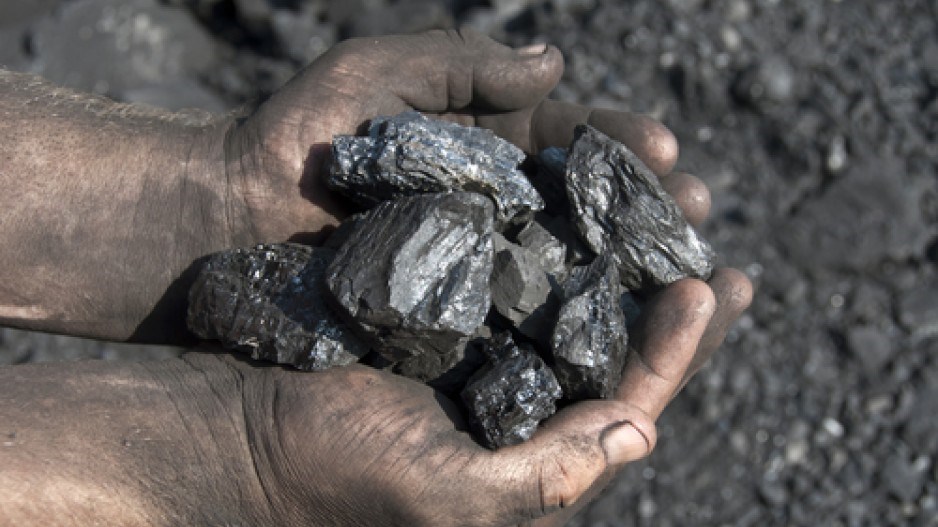A global metallurgical coal glut continues to take its toll on B.C. mines and ports.
Walter Energy Inc. (NYSE:WLT) idled a second B.C. coal mine at the beginning of this month and has been digging deeper into debt to survive while the demand for metallurgical (met) coal, used in steelmaking, remains flat.
Meanwhile, net profits at Ridley Terminals in Prince Rupert dropped 50% in 2014's first quarter compared with Q1 2013, due to declining shipments of met coal – B.C.'s second-largest export commodity. In April, Walter Energy, based in Birmingham, Alabama, idled its Wolverine coal mine in Tumbler Ridge. That followed continuing curtailments at its Willow Creek mine in Chetwynd that started last year. At the beginning of July, it shut down its Brule mine in Chetwynd.
A Walter Energy spokesman said the company could not comment until it provides an update on its operations in an earnings call later this month.
Frank Everitt, president of Local 1-424 for the United Steelworkers union, which represents Wolverine miners, estimates that 700 Walter Energy coal miners in B.C. have now been laid off.
The closures are part of a global trend caused by lower steel demand in China and an oversupply of the coal used to make it. Australia has also seen mines idled.
Standard & Poor's (S&P) estimates the current weak demand will persist for another 12 months. The question is whether companies like Walter Energy can weather the doldrums that long before sinking under the weight of mounting debt. B.C.'s other major coal mine operator, Teck Resources Ltd. (TSX:TCK.B), also operates copper and zinc mines; Walter Energy is focused exclusively on metallurgical coal and coal bed methane, so it is particularly vulnerable to fluctuations in prices.
Walter Energy reported a net loss of $92.2 million in the first quarter – nearly double that of Q1 2013 – and has been selling bonds to pay debt.
On July 14, the company closed a private offering of $320 million in senior secured notes to put $298 million down on a revolving credit facility. The company's total reported debt is $3.25 billion, S&P said in a recent brief.
On June 27, S&P downgraded Walter Energy's credit rating from B- to CCC+, and the company's stock has sunk from a 52-week high of $19.50 on November 5, 2013, to a low of $4.25 on June 3.
Without an improvement in met coal prices, S&P said, “we believe the company's capital structure is likely unsustainable.”
“The negative outlook reflects our expectation that weak met coal market conditions will persist, which will pressure the company's liquidity position,” S&P credit analyst William Ferara said in the June 27 brief.
According to Prince Rupert Port Authority monthly traffic summaries, met coal shipments were down 59% in May, compared with May 2013, and 58% in June.





